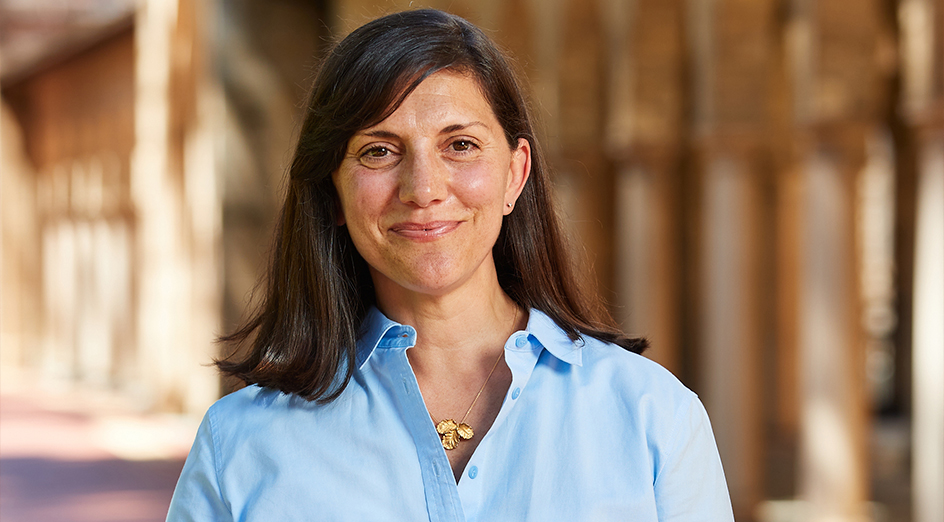A new project led by The University of Western Australia's Language Lab will enable First Nations people to use Aboriginal English when interacting with technology.
Google Australia and the Language Lab have partnered to build a high-quality speech dataset of Aboriginal English to improve speech technologies.
Associate Professor Celeste Rodriguez Louro, Director of UWA's Language Lab, and Noongar scholar Glenys Collard will work with Google to establish Indigenous Data Governance for the dataset and establish a framework for responsible data collection.
 Image: Associate Professor Celeste Rodriguez Louro.
Image: Associate Professor Celeste Rodriguez Louro.
An advisory committee made up of First Nations experts has been established to oversee the project.
"The project is the first to support First Nations people in Australia by allowing them to use Aboriginal English when interacting with technology," Associate Professor Rodriguez Louro said.
"It will create more inclusive automated speech recognition products such as voice search, video search, message dictation, automated captioning, and other products which convert speech into text."
Ms Collard, an Honorary Research Fellow from UWA's School of Social Sciences, said Aboriginal English played an important role in encoding First Nations social and cultural identities in Australia.
"Asking First Nations people to speak differently is asking them to suppress part of who they are," Ms Collard said.
Associate Professor Rodriguez Louro said UWA would lead data collection efforts, interview community members, manage vendors, recruit participants and maintain the repository.
"The partnership will build on UWA's reputation as an internationally recognised hub for the study of Aboriginal English, First Nations languages and cultures and decolonial linguistic practice," Associate Professor Rodriguez Louro said.
"It will create opportunities to train First Nations youth who will be hired as research assistants and fieldworkers and provide employment opportunities for First Nations consultants, scholars and communities."






